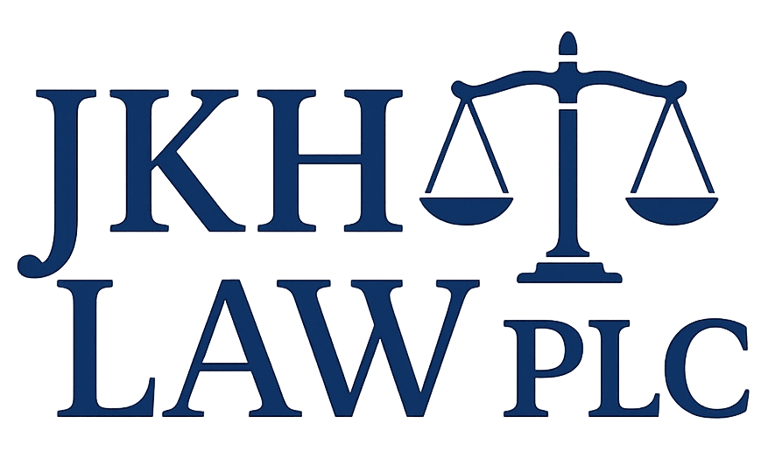Michigan Supreme Court Expands Auto Insurance Liability Limits: Bonter v. Progressive Marathon
The Michigan Supreme Court ruled that auto policies issued after July 1, 2020 must follow higher liability limits under no-fault reform—an important win for auto accident victims.
Jonathon Homa
10/1/20252 min read


Michigan Supreme Court Clarifies Liability Limits in Auto Insurance: Bonter v. Progressive Marathon
The Michigan Supreme Court recently issued an important decision in Bonter v. Progressive Marathon Insurance Co., a case that directly impacts auto accident victims and insurance policyholders across the state. At the heart of the dispute was a simple but powerful question: which liability limits apply to auto insurance policies that were in effect when Michigan’s 2019 no-fault reforms took hold?
The Background
In June 2020, Progressive Marathon issued a six-month auto policy, just days before the no-fault reforms took effect on July 1, 2020. Shortly after, the policyholder was involved in a serious accident that injured two individuals, who later brought claims. The injured parties argued that the policy should reflect the new, higher minimum liability limits established by Michigan’s reformed no-fault law. Progressive countered that the older, lower limits still applied because the policy was originally issued before the reforms became effective.
The Legal Battle
Trial Court: The trial court sided with the injured parties, finding that the higher statutory limits should control.
Court of Appeals: In an unpublished opinion, the Michigan Court of Appeals reversed, ruling that the lower, pre-reform limits still applied.
Michigan Supreme Court: The state’s highest court stepped in and ultimately held that auto insurance policies delivered or issued after July 1, 2020 must comply with the new liability minimums, even if part of the policy period began earlier.
Why This Matters
This ruling has major implications for both accident victims and insurers:
For injured individuals: It means more coverage may be available to compensate you for serious injuries if the at-fault driver’s policy was active after July 1, 2020.
For policyholders and insurers: The case confirms that Michigan’s statutory liability minimums act as a floor that insurance policies must meet. Even if a contract states otherwise, the law prevails once the effective date has passed.
The Bigger Picture
Bonter is one of several cases in recent years testing the boundaries of Michigan’s sweeping no-fault reforms. Along with questions about medical expense caps, assigned claims, and fraud provisions, courts are continuing to shape how the law applies in real-world situations.
For accident victims, these decisions are critical. The amount of insurance coverage available can make the difference between being fully compensated for medical bills and lost wages—or being left without adequate support.
JKH Law
At JKH Law, we closely monitor Michigan’s evolving auto and no-fault case law because it directly affects our clients’ rights and recovery. If you or a loved one has been injured in an auto accident, understanding how these legal changes apply to your case is essential. We are committed to fighting for maximum compensation under the law and holding insurers accountable to their obligations.
Contact
info@jkhlawplc.com
Grand Rapids, MI 49503
© 2025. All rights reserved.
(616) 226-3762 - phone
312 Fulton Street East
JKH Law, PLC
(616) 988-6504 - fax
